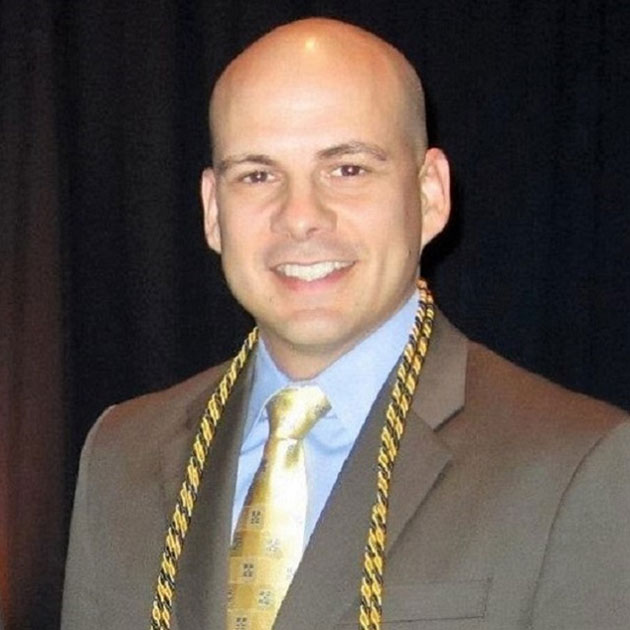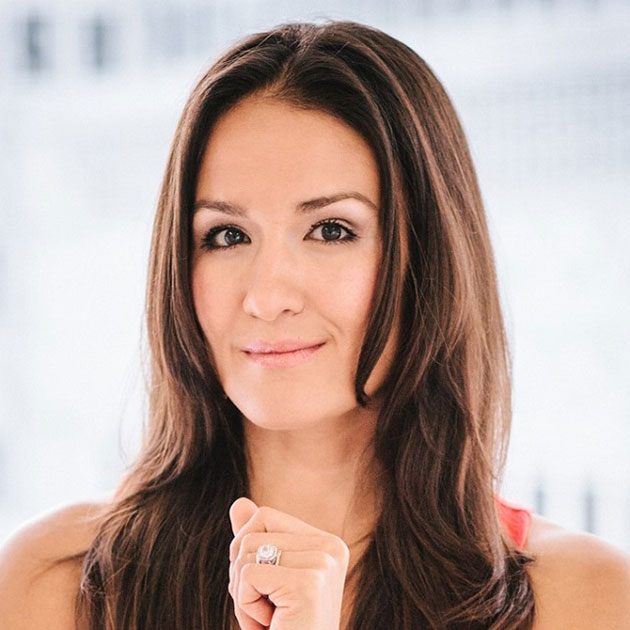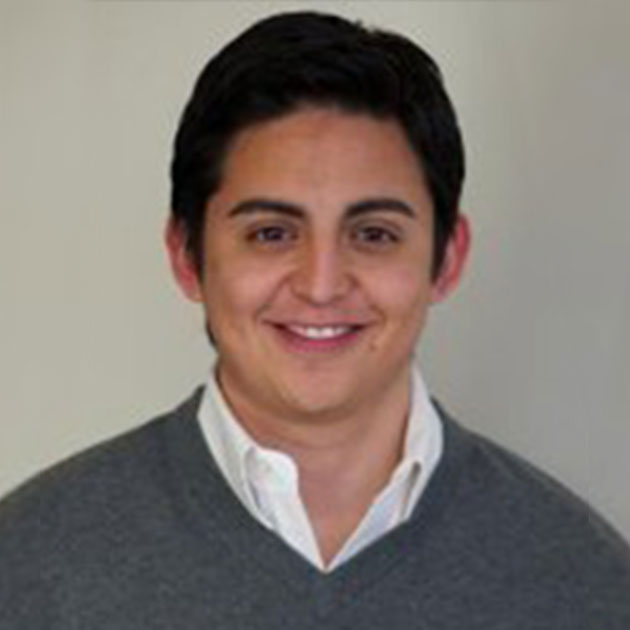
Senior Associate – Risk Consulting, Contract Compliance, KPMG
At KPMG, Spartz serves in multiple roles including reviewing contracts between his clients and their third party service providers to identify risks within the agreement and help his clients to ensure compliance with contracts, standards, policies and regulatory requirements. “I also collect, manipulate, analyze and interpret large data sets, and use results to develop recommendations for corrective and preventative actions for identified risks,” says Spartz, who earned his undergraduate degree in biology from University of Minnesota-Twin Cities and a law degree from University of Minnesota prior to attending UT Dallas.
How has your MBA from Jindal School impacted your career?
I conduct business reviews of third parties in pretty much every industry. And when I conduct processes interviews, I end up speaking with folks in pretty much every department. With that in mind, I need a very broad set of business skills to be able to ask pertinent questions and develop relevant recommendations. During my time in the MBA program, I was exposed to a wide range of industry case studies, and I was able to develop skills in a number of areas.
What do you enjoy about your current position/profession?
Two things: 1. The people at KPMG are fantastic. Everyone here really has a passion for client service, and we are all driven to constantly improve. 2. My clients come to me with unique problems that I get to help them solve. The job never gets repetitive or boring.
How do you see your profession changing in the next five or 10 years?
As more and more companies outsource more and more processes, third (and fourth) party risk management is going to continue to grow. Also, as analytics tools improve, we are able to shift our review approach. We’re moving from sampling to 100 percent testing, and from retroactive to real-time review. And finally, we’re starting to automate a lot of the work we do. We’re developing a contract crawler that will help us perform our contract risk reviews more quickly and on a broader scale.
What is a professional highlight of your career, either where you currently work or in the past?
I do a lot of work with Intel, and it has a large supplier base in Japan, where we often go to conduct in-person interviews. I LOVE Tokyo, so getting to go there frequently has been a great perk of the job.
What characteristics do you look for when hiring people into your workplace?
Strangely enough: phone skills. We conduct as many interviews as possible remotely (IE via a conference bridge). If you can’t hold a conversation for 30 minutes with someone you’ve never met, you will struggle in this job. And as I mentioned previously, people in my job need a broad set of business skills. Very few of us are specialists.
Why did you come to UT Dallas?
I was looking for an accelerated program at a school with a good reputation, while also getting a good ROI on my investment. There aren’t many schools that can hit all three requirements—obviously UT Dallas can and did. Also, I got tired of the winters in Minnesota.
What is your favorite UT Dallas memory?
We had class Monday through Thursday, and Friday off. Our class got together and played soccer on Friday afternoons. We usually had about 40 percent participation rate – about 25 students. It was great to see everyone outside of the classroom.
Did a UT Dallas professor inspire you? Who was that and how was that person inspirational?
I fondly remember my capstone class with Dr. Lawrence Redlinger and Professor Charlie Hazzard. They required us to think outside the box to tackle real business concerns, and to be clear and concise in our communications. That was great practice for my current role.
What advice do you have for college students hoping to succeed professionally?
I know students have heard this before, but they must spend time networking. We find most of our new people through internal recommendations. A friend of one of my UT Dallas classmates referred me for my current job.
What makes an effective leader?
I think leaders need to have a team-first mentality and must put the well-being of their team members above all else. If the people who work for you know that you always have their back, they are much more likely to put forth their best effort.
What do you enjoy doing in your free time?
My wife works for Southwest Airlines, so we have some great flight benefits. We travel every opportunity that we get.




